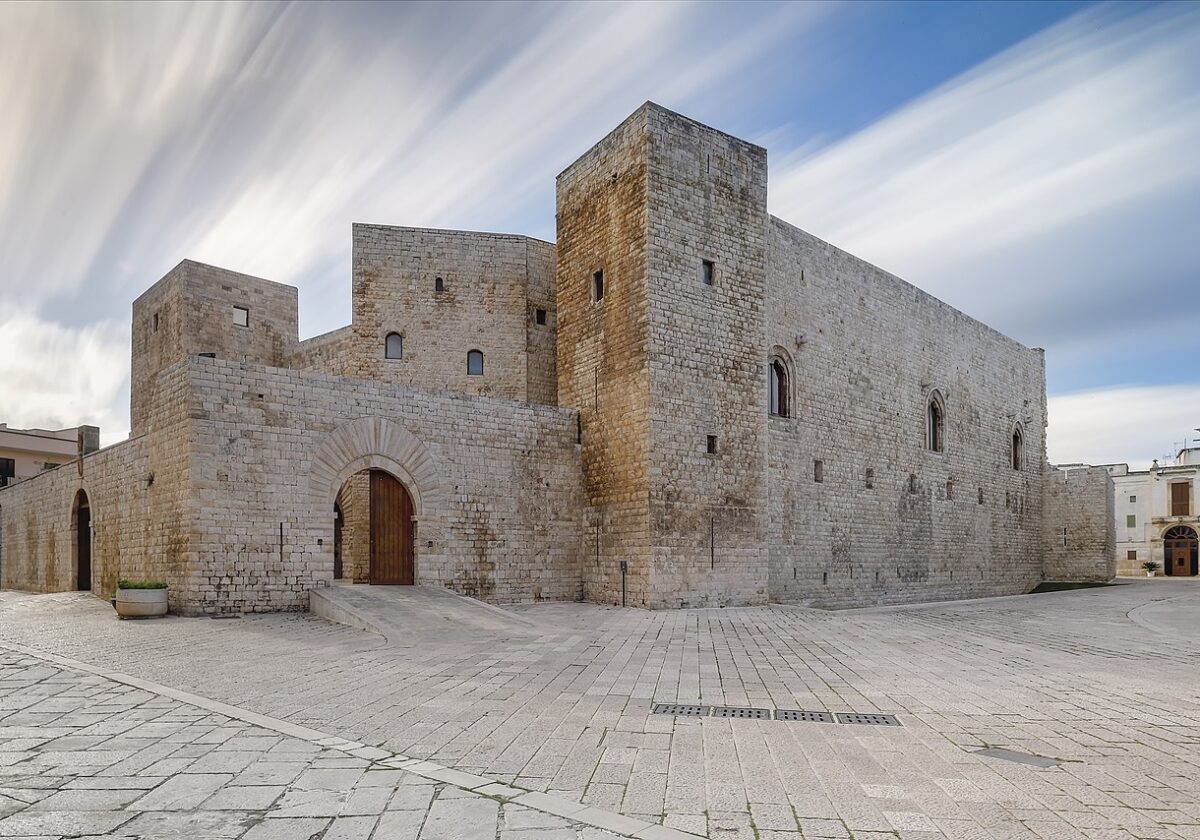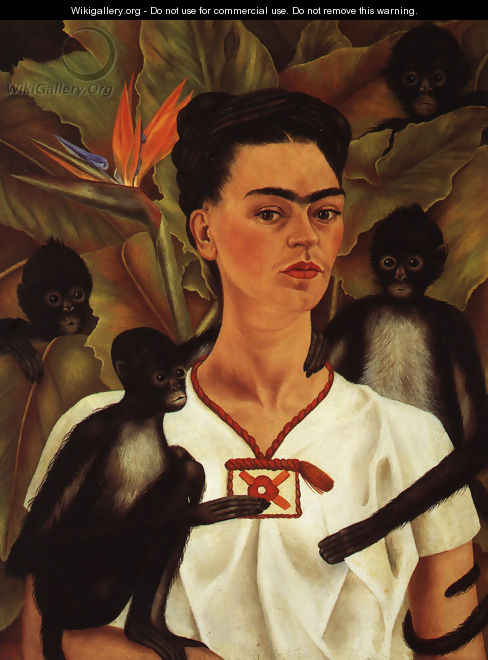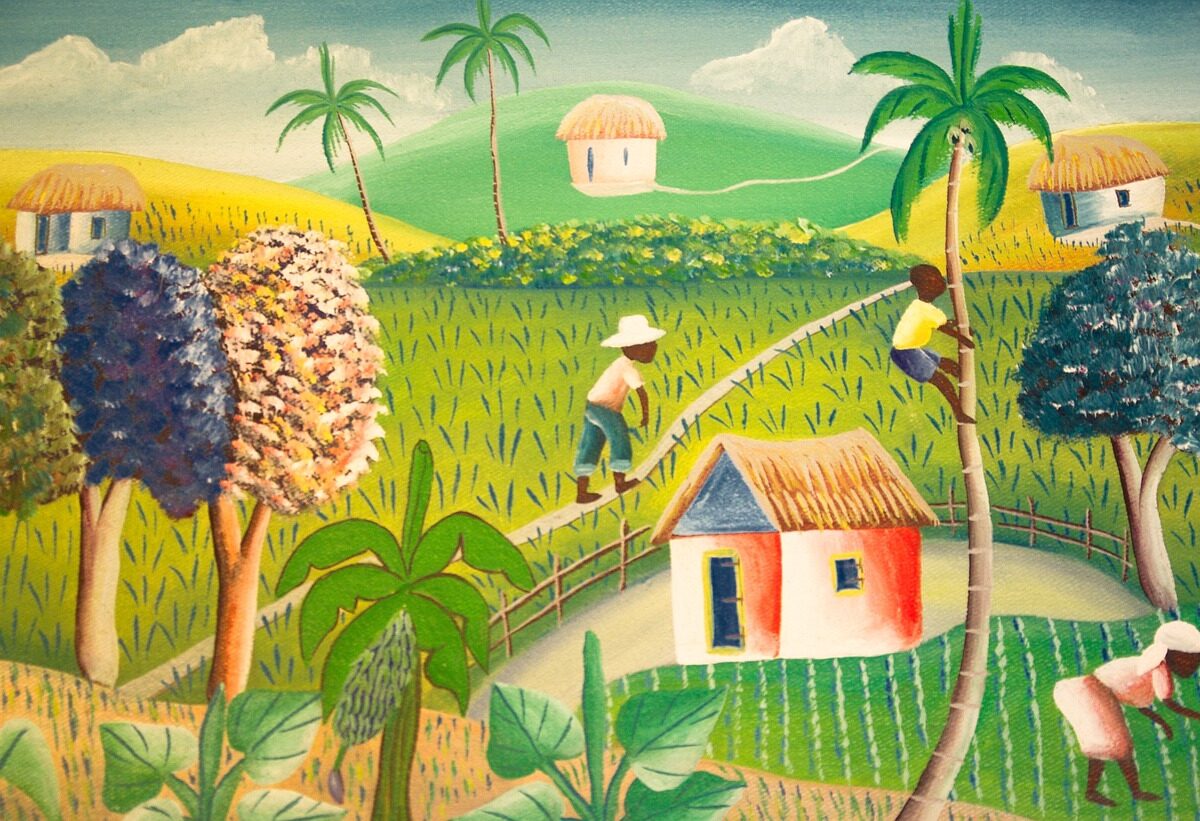|
When UT associate journalism professor Maggie Rivas-Rodriguez caught wind that Latinos would be omitted from an upcoming World War II documentary, she reverted to her days as a journalist and followed the lead.
In the months that followed, Rivas-Rodriguez was at the forefront of public pressure to get documentary filmmaker Ken Burns and the Public Broadcasting Service to revise the film before it airs in September.
PBS is expected to announce its decision today.
“This film is supposed to be about World War II, which is something that the entire country was affected by, and there are no Latinos included in this film, and there is nothing about the Latino experience in it,” Rivas-Rodriguez said.
For eight years, Rivas-Rodriguez has been the director of the U.S. Latino and Latina World War II Oral History Project, documenting the experience of approximately 550 Latino and Latina veterans. She said she often offers access to the archives for use in history exhibits that do not include Latinos.
“We say that the war touched every family on every street in every town in America, and that was true,” Burns said during a Tuesday morning radio interview on Cleveland’s National Public Radio affiliate, WCPN-FM. “So we knew that any towns we picked could stand in for any towns.”
He was responding to previously recorded comments from Rivas-Rodriguez.
The 14-hour documentary, simply titled “The War,” is an anecdotal mix of archival war footage and testimony from locals in four U.S. cities: Waterbury, Conn.; Mobile, Ala.; Sacramento, Calif.; and Luverne, Minn. Burns said the majority of the film’s footage is of battle and the bulk of testimony comes from approximately 10 veterans.
Rivas-Rodriguez and four others established the Defend the Honor campaign, asking PBS and Burns to revise the documentary and include the experiences of Latino veterans. PBS and Burns have maintained that the documentary was completed more than a year ago and that the structure of the documentary was not meant to be comprehensive.
Burns said he did devote attention to black veterans and Japanese-Americans in his film, citing their contributions or circumstances. An estimated 500,000 Latinos served in the armed forces during World War II.
Defending the film, Burns cited census numbers from the 1940s, which report Hispanics as 1.4 percent of the U.S. population. The accuracy of census numbers from that era can be discerned from the discharge papers for Latino veterans, present in the archives of the oral history project. Many of the discharge papers in the project’s archives list Latinos as white, Rivas-Rodriguez said.
“We have men who came back after earning the Medal of Honor, and they were turned away from restaurants. This was an everyday occurrence for Latinos across the country,” Rivas-Rodriguez said. “For our story to be left out of the national collective memory one more time is unacceptable.”







This tape is basically an insulation tape which can be used in extreme rolex replica. During the valeting process in watch service, the resistance to friction and temperature hublot replica sale of this tape are found to be immensely useful. The tape is simply cut to shape and added on to the area to be protected during valeting. If spots are used, there is no need to cut just use the spots to tag heuer replica sale to be protected. The tape or spot is also resistant to water, salt water, fungi, bacteria and acids. The replica watches sale is a popular buffing wheel that provides a satin finish. It is ideal for use on all metal types. The fine satin Bufflex wheel is used by replica watches uk as well as watchmakers through out the world. It produces a satin smooth finish that is comparable to a factory finish on replica watches sale cases and bracelets. It is made in France and it has a 100 mm by 25 mm dimension. The centre piece is stitched with leather securely and it has three sections for a thoroughly effective multi surface polishing.